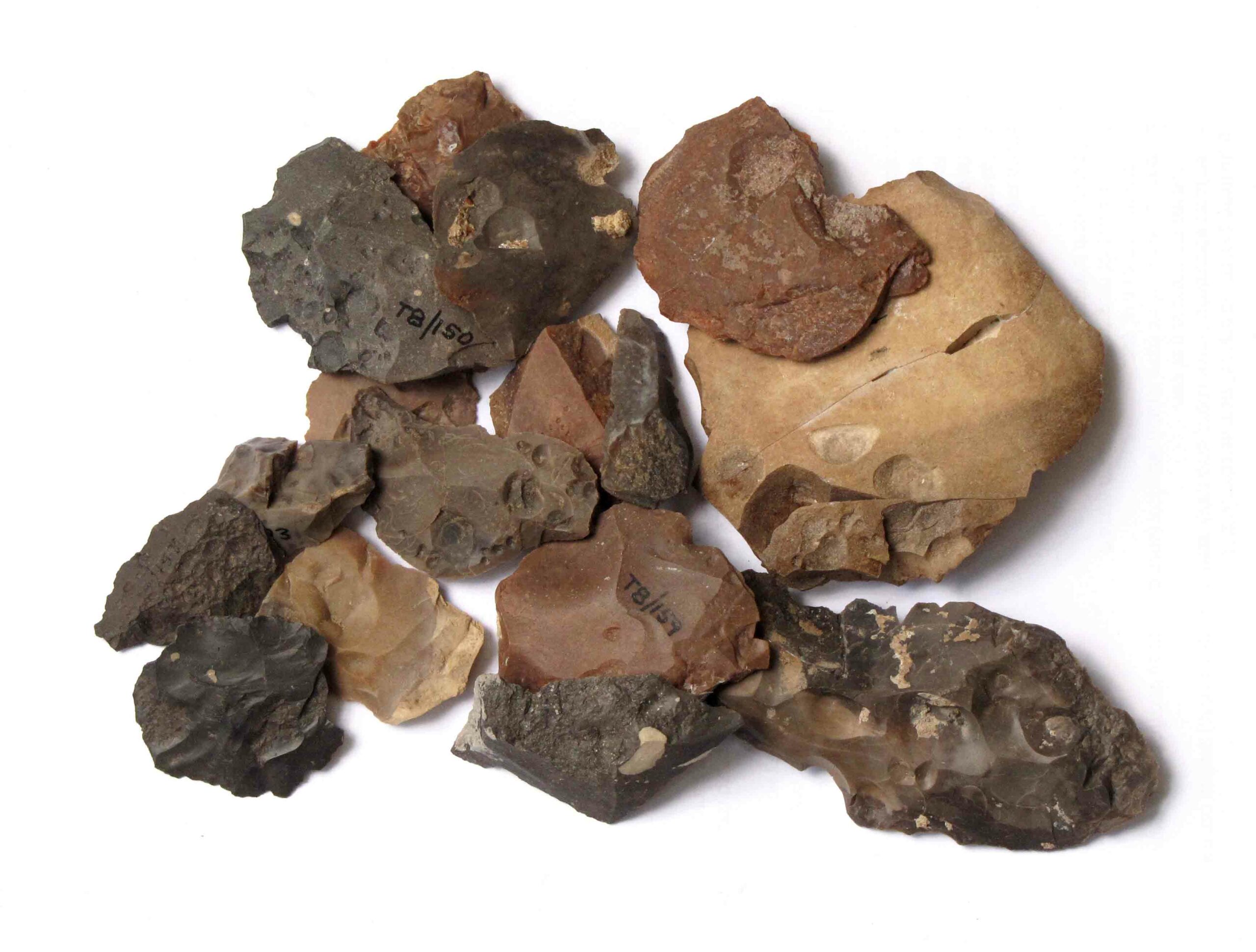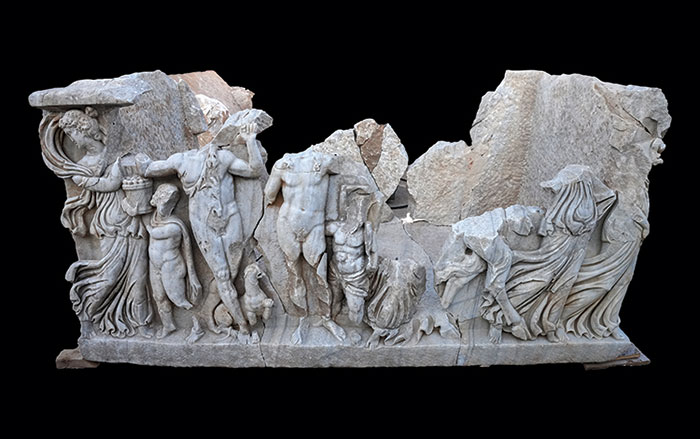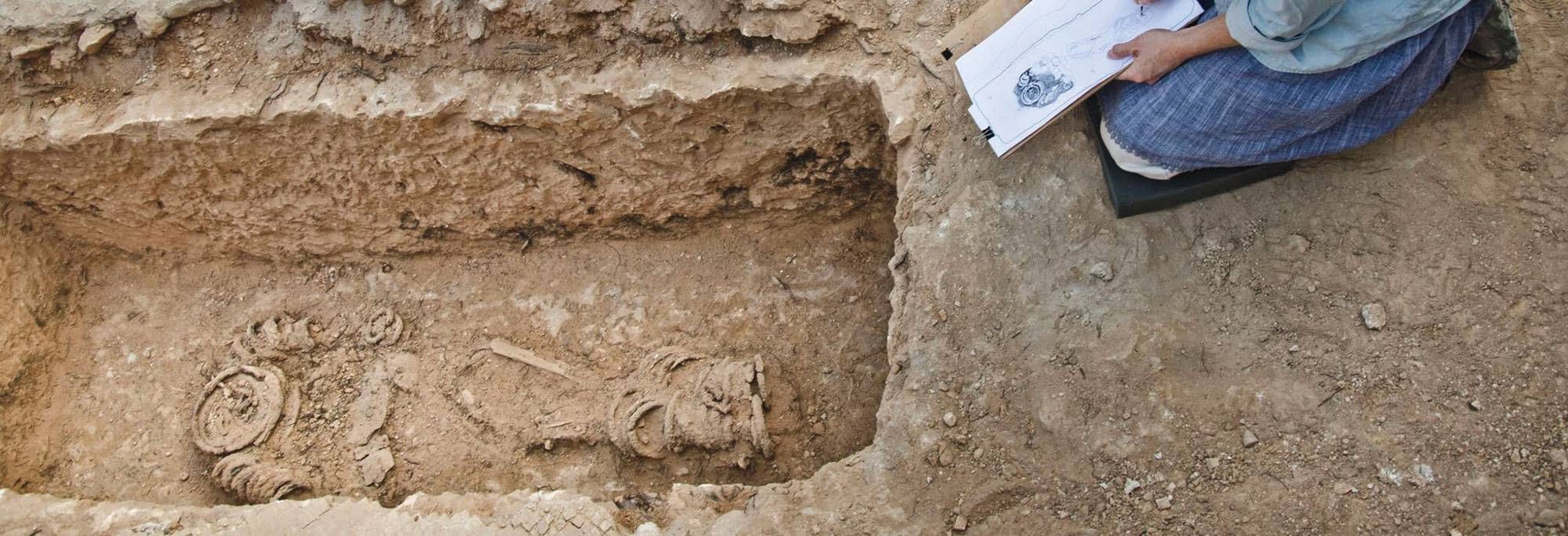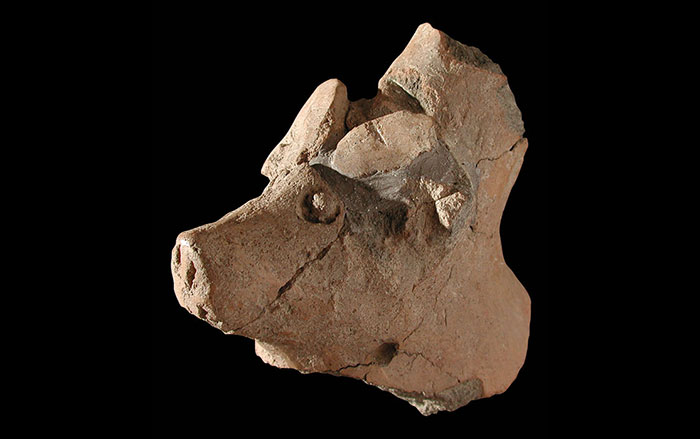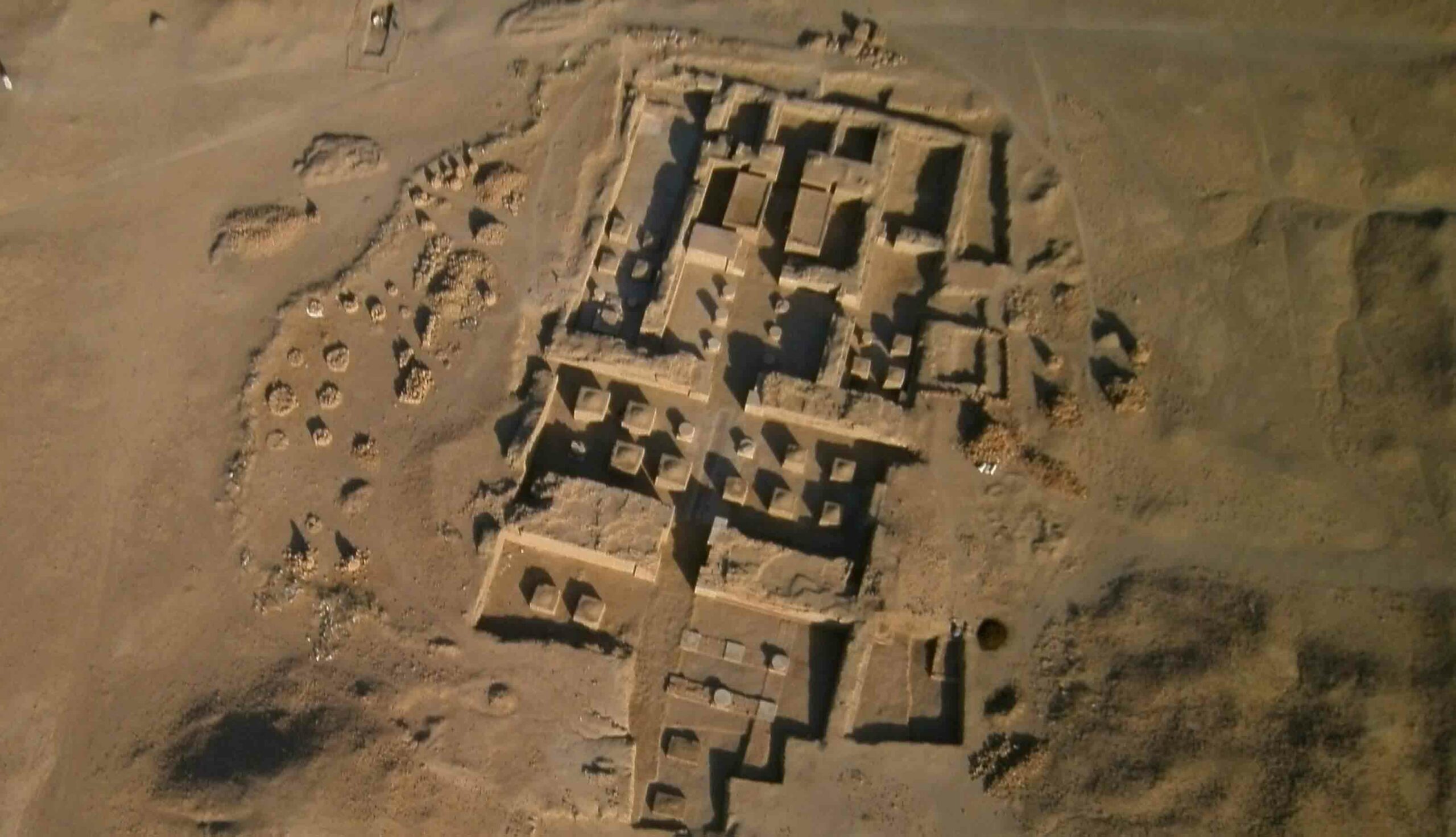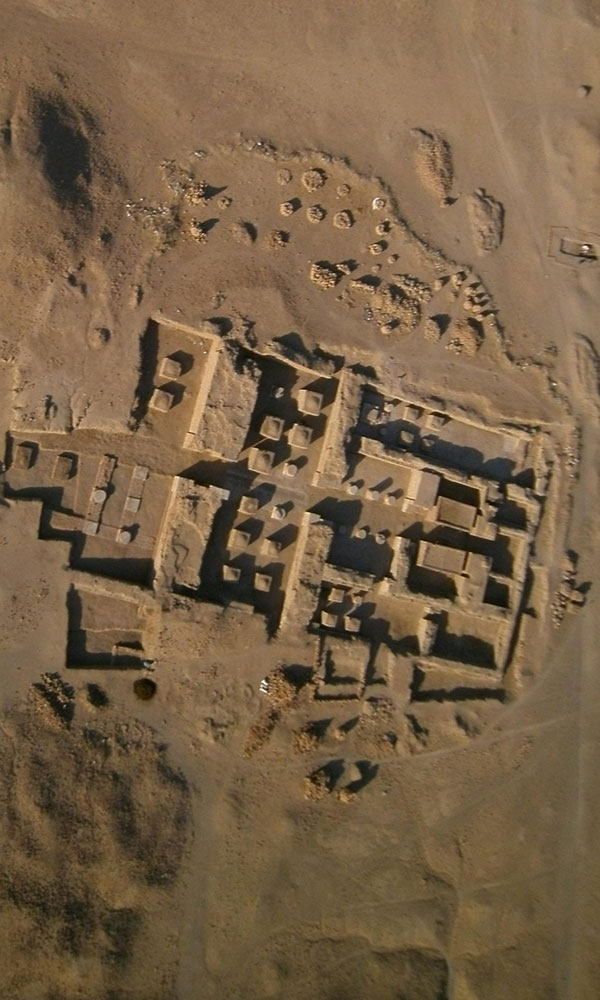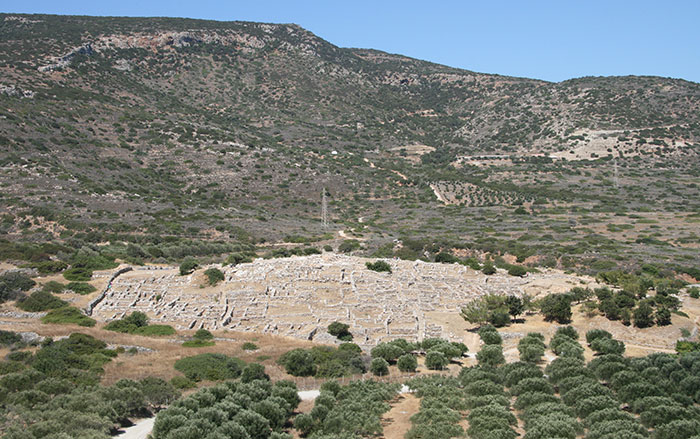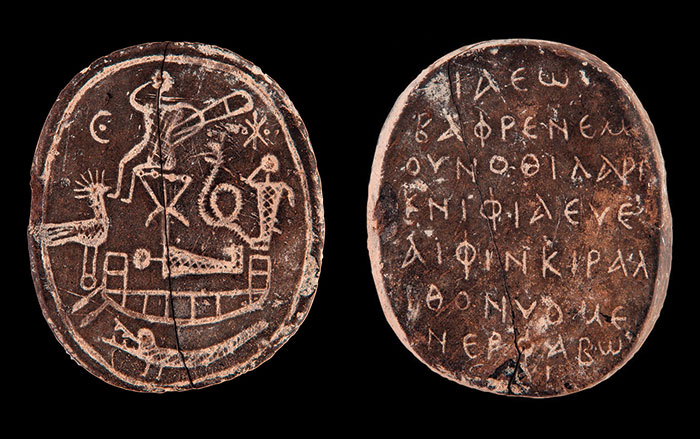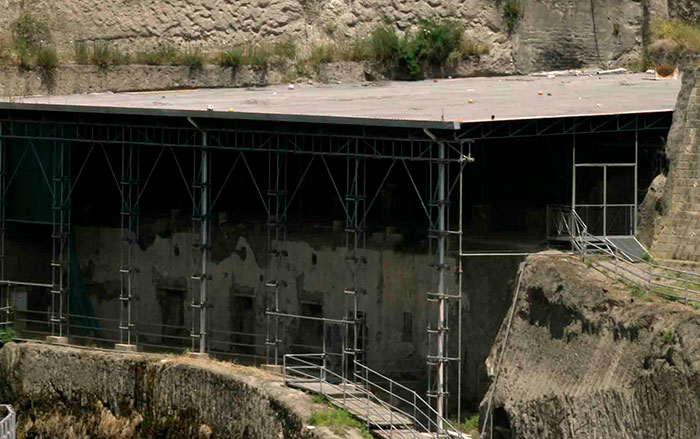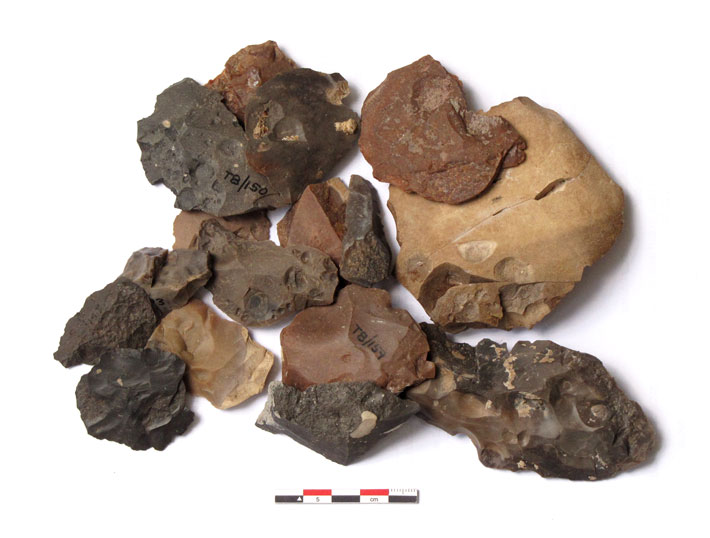
Humans first made controlled use of fire about a million years ago, but there isn’t much evidence that it was used widely at that early date. A team of researchers from the University of Arizona and the University of Haifa examined the evidence of fire use at 11 Paleolithic sites in the Levant and found that it was not common until around 350,000 years ago. When and how fire came to be used by humans has become an area of renewed interest to paleoanthropologists. “There are all kinds of interesting evolutionary developments inherent in how fire is incorporated as an element of technology, and even of social life, that we haven’t really thought about because we were mainly concerned with the earliest use of fire,” says Steven Kuhn of the University of Arizona. Beyond just providing warmth, fire kept predators away and led to cooked food and better nutrition, and it also may have been a focal point for social activities. According to Kuhn, there is evidence that the way living spaces were organized changes when people adopt fire. Why this change in fire use occurred is a matter of conjecture. It could be that earlier than 350,000 years ago people were controlling and using naturally occurring fires, says Kuhn, and that only later did they learn to start fires on their own.


